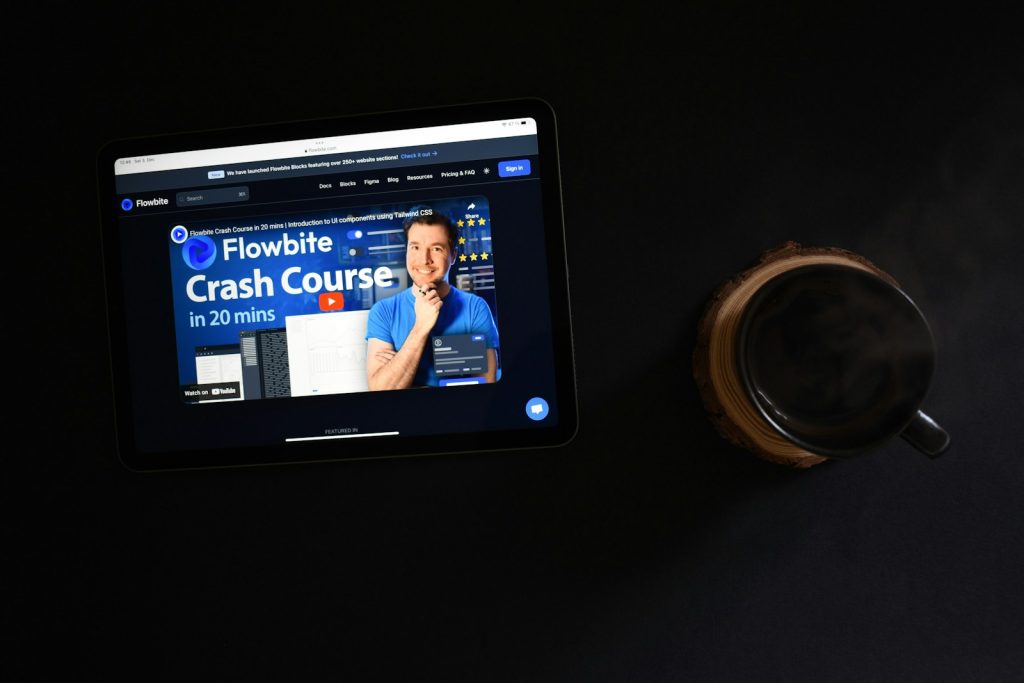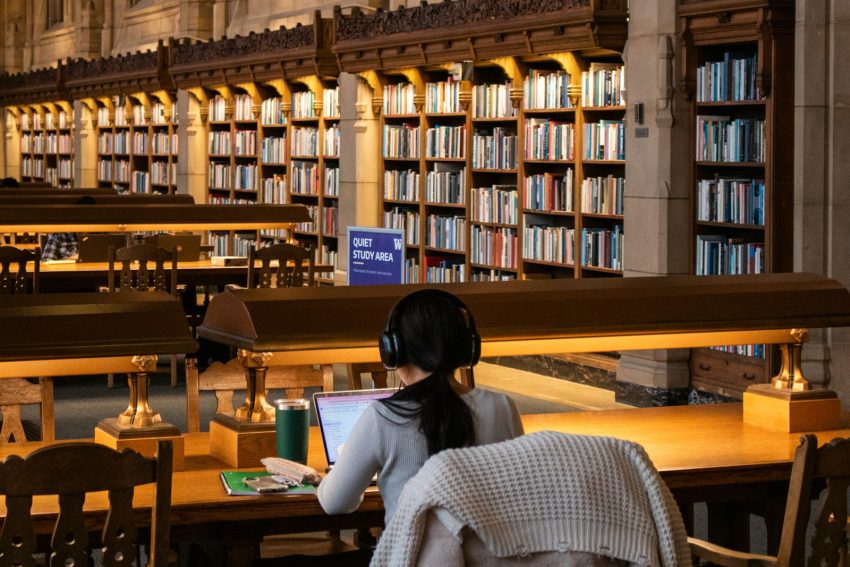In a rapidly changing world where education is the cornerstone of progress, innovative approaches are redefining how quality education is delivered across the globe. From urban classrooms in developed nations to remote villages in underserved regions, the need for inclusive, accessible, and effective learning models has never been greater. The COVID-19 pandemic exposed deep vulnerabilities in traditional education systems but also accelerated the adoption of transformative practices. Today, the global education landscape is shaped by new technologies, creative learning spaces, and an emphasis on personalized learning.
Technology as a Catalyst for Change
One of the most significant drivers of innovation in education is technology. Digital tools and platforms have broken the barriers of distance, enabling real-time instruction and access to resources from anywhere in the world. Virtual classrooms, online courses, and learning apps allow students to engage with content at their own pace and in their preferred style. Artificial intelligence is now being used to personalize learning experiences, identify student needs, and suggest tailored interventions. These tech-enabled solutions are not just enhancing engagement—they are improving outcomes.
In many parts of the world, however, reliable internet access and digital devices remain a challenge. To address this gap, governments and NGOs have implemented mobile learning solutions, such as solar-powered tablets or offline digital libraries. These innovations ensure that even in low-connectivity areas, students can benefit from modern educational tools. In this way, technology is both a unifier and an equalizer, helping bridge the global education divide.

Reimagining the Role of Teachers and Learning Environments
While technology plays a crucial role, it cannot replace the human element of teaching. Innovative education models now focus on empowering teachers through professional development and redefining their roles as facilitators of learning rather than mere transmitters of knowledge. In many countries, hybrid models—combining in-person instruction with digital resources—are becoming the norm, allowing for more flexible and interactive classroom experiences.
At the same time, physical learning spaces are being reimagined. Traditional classrooms with rigid rows of desks are giving way to dynamic environments that encourage collaboration, creativity, and critical thinking. A modern learning centre, for example, is often designed to support both independent study and group projects, integrating technology and adaptable furniture to suit various teaching styles and learning needs. These centres serve as hubs of innovation, catering not just to children but also to adult learners and community education programs.
Inclusive and Equitable Education for All
Another key innovation is the commitment to inclusion. Quality education should be a universal right, regardless of gender, ability, or socio-economic background. Innovative educational programs are increasingly incorporating inclusive curricula, multilingual content, and support for students with special needs. In refugee camps, community-led schooling initiatives are giving displaced children access to learning and hope for a better future. In urban slums, low-cost private schools are experimenting with scalable, high-quality education models that cater to marginalized populations.
Moreover, public-private partnerships are playing an important role in expanding access to quality education. Collaborations between governments, tech companies, and non-profits are creating sustainable education ecosystems that are both scalable and culturally relevant.

Global Collaboration and Future Skills
Global cooperation is essential to creating a cohesive approach to educational innovation. International organizations such as UNESCO and UNICEF are working alongside national ministries and educational think tanks to share best practices and data-driven strategies. This spirit of collaboration fosters a global learning community where countries can learn from one another’s successes and setbacks.
Equally important is preparing students for the future. The jobs of tomorrow require skills that go beyond traditional academics—critical thinking, emotional intelligence, digital literacy, and adaptability. Innovative education systems are embedding these competencies into the curriculum through experiential learning, project-based assignments, and cross-disciplinary studies. These methods not only promote deeper understanding but also equip students with the tools they need to thrive in a rapidly evolving world.
Towards a More Empowered Global Learner
The future of education lies in our ability to continuously innovate and adapt. As challenges persist—from climate change to technological disruption—education systems must evolve to equip learners with the knowledge and resilience they need. Through the strategic use of technology, inclusive policies, and redefined learning environments, quality education can truly become a global reality.
As we move forward, the focus should remain on equity, accessibility, and relevance. By embracing innovative approaches and fostering international collaboration, we can build an educational framework that leaves no one behind—and prepares every learner, everywhere, for the opportunities and challenges of tomorrow.
